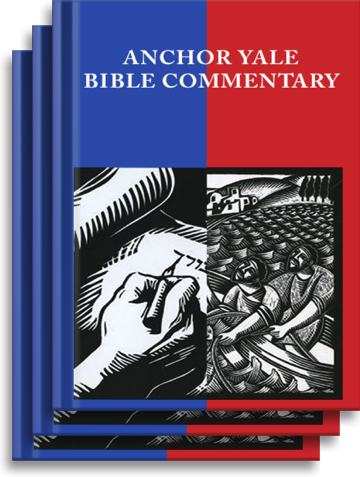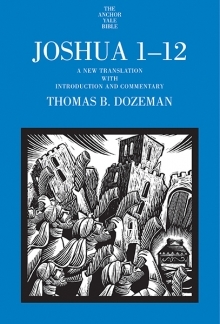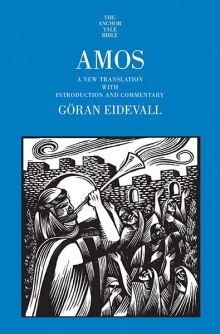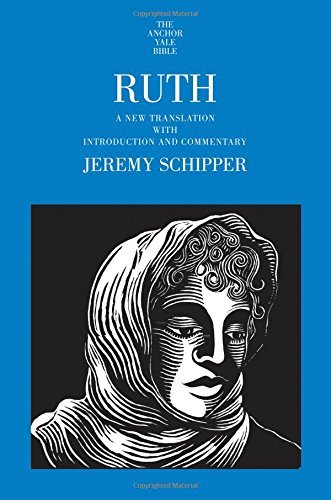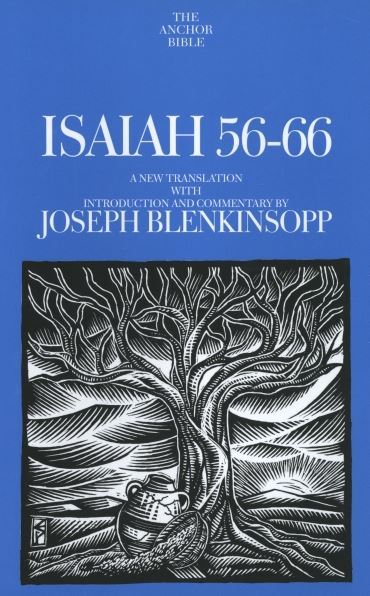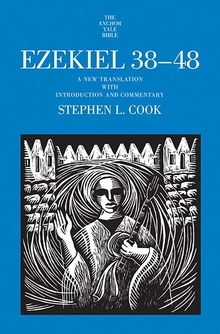



With keen insight and lucid analysis, Adele Berlin brings the dramatic words of the great prophet Zephaniah to life. Living under the tumultuous reign of King Josiah of Judah (640-609 BCE), Zephaniah predicted the final day of judgment when God would come to the fate of Israel and other nations. The book of Zephaniah is composed as a charged dialogue between God and the prophet. As their conversation unfolds, we learn of the doomed destiny which are indifferent to the Lord's power and of humans who have become too enthralled worldly riches. As piercing as any modern day social critic, Zephaniah proclaims salvation only for those who lead a life of simplicity, faith, and humility. The new translation by Adele Berlin, a literary as well as biblical scholar, celebrates the vivid and powerful language of this ancient poet. In staccato exclamations, elevated rhetoric, and a rich tapestry of metaphors and similes, Zephaniah paints a world beset by corruption, idolatry, and war. Berlin's contemporary commentary illuminates not only the beauty of Zephaniah's poetry, but also the political meaning behind his anguished verse. For the biblical scholar, Berlin draws vital between Zephaniah's references and the rest of the Hebrew Bible. For general readers, Berlin's accessible Zephaniah is an invitation to explore the political and socially turbulent times of this ancient prophet's world.
THE ANCHOR YALE BIBLE COMMENTARY SERIES is a project of international and interfaith scope in which Protestant, Catholic, and Jewish scholars from many countries contribute individual volumes. The project is not sponsored by any ecclesiastical organization and is not intended to reflect any particular theological doctrine.
The Anchor Yale Bible is committed to producing commentaries in the tradition established half a century ago by the founders of the series, William Foxwell Albright and David Noel Freedman. It aims to present the best contemporary scholarship in a way that is accessible not only to scholars but also to the educated nonspecialist. Its approach is grounded in exact translation of the ancient languages and an appreciation of the historical and cultural context in which the biblical books were written supplemented by insights from modern methods, such as sociological and literary criticism.
